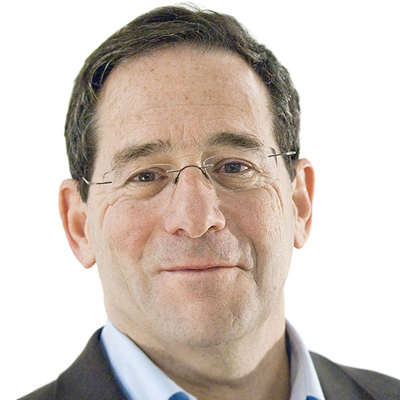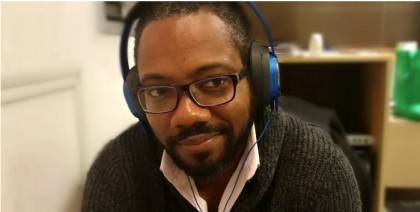Tag: Center for Investigative Reporting
Rosenthal returns to CIR as acting CEO after executive exodus
With the former chief exec back at the helm, the investigative news organization has “no plans to change direction” following the ...Joaquin Alvarado leaves The Center for Investigative Reporting
Longtime CIR leader Christa Scharfenberg will serve as acting CEO.‘Reveal’ host Al Letson throws himself into melee to protect right-wing protester
Letson was covering the anti-hate rally in Berkeley, Calif., with Center for Investigative Reporting colleagues.Boston’s WBUR to launch investigative unit
WBUR plans to hire three journalists to tackle stories such as opioid addiction, climate change and immigration.First Look Media and Democracy Fund to provide $12M for investigative journalism
Grantees include the Center for Investigative Reporting, the Center for Public Integrity and ProPublica.At CIR–WFMU show, comedians mine environmental reporting for laughs
The show highlighted New Jersey’s legacy of pollution.Courage needs company: toward a weekly ‘Reveal’
Public media has a critical role to play in balancing the enormous deficit in public service journalism since the collapse of the ...StoryWorks uses drama to explore aftermath of Kansas City explosion
Public TV station KCPT is partnering with an unconventional local art space to examine the aftermath of an explosion that killed six ...‘Reveal’ looks to take investigative reporting and collaboration to new levels
Less than two years old, the PRX/Center for Investigative Reporting production has grown beyond just an investigative show.OPB, Center for Investigative Reporting launch public TV version of Reveal
A new series from the nonprofit Center for Investigative Reporting brings extensive investigative journalism to public television in four hourlong episodes. In ...Monday roundup: NewsHour, CPB CEO jump on Ice Bucket Challenge; San Fran nonprofit gives crowdfunding tips
Plus: PBS Kids' Chromecast strategy.Monday roundup: Reveal will go weekly; Al Letson pens comic book
Plus: Roger Ebert's hand-picked protege on why PBS's At the Movies reboot failed.CIR announces $3.5M in grants for Reveal, promotion for Alvarado
The money will go toward the long-term production of the investigative pubradio show.WHYY prototypes dashboard to measure audience engagement
An attempt by Philadelphia’s WHYY to measure the impact of its news website has its execs asking bigger questions about the best ...Pubmedia symposium examines how to define, quantify impact
“Impact” is a feel-good media buzzword of the moment, increasingly required by the funders of many projects and invoked by some PTV ...










